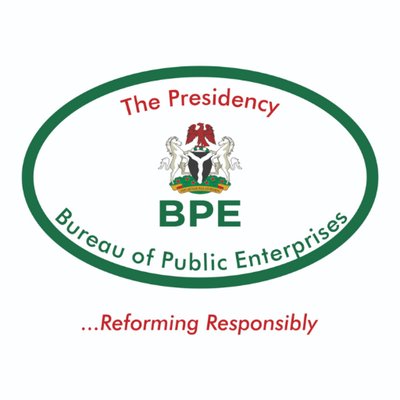The Bureau of Public Enterprises (BPE) has unveiled plans to privatise 91 state-owned enterprises as part of renewed efforts to boost efficiency, attract investment, and generate new jobs.
Speaking at a media briefing in Abuja, BPE Director General, Mr. Ayodeji A. Gbeleyi, disclosed that two Electricity Distribution Companies (DisCos) and one Generation Company (GenCo) are being prepared for Initial Public Offerings (IPOs) on the Nigerian Exchange. He noted that details of the firms and expected revenue remain confidential at this stage to maintain transaction integrity.
According to Gbeleyi, the Nigerian power sector represents a strong candidate for stock market listing, but confidentiality and stakeholder sensitivities require caution.
“At this stage, because of transaction confidentiality, we are not in a position to disclose the companies,” he explained, emphasizing the need to avoid unnecessary anxiety among workers and the public.
Power Sector Challenges
Highlighting the persistent issues facing the Nigerian Electricity Supply Industry (NESI), the DG revealed that while 23 power plants are connected to the grid, as many as five are often out of operation due to gas shortages, vandalism, transmission bottlenecks, and liquidity problems.
He also expressed concern over the underutilisation of the “eligible customer regulation,” which allows power producers to sell directly to large consumers. Transmission constraints, he said, have hindered the policy’s effectiveness.
“It’s not just about eligibility. You must also have the transmission infrastructure to deliver the power to those customers,” he stressed.
Delayed GenCo Transactions
On the planned privatisation of five GenCos, Gbeleyi confirmed that the process has been suspended due to exchange rate instability.
“When the transaction began in 2021, the exchange rate was around ₦450 to the dollar. Last year it averaged ₦1,600. Today, it is ₦1,575. That shift altered the fundamentals of the deal,” he said.
Despite the pause, government officials remain committed to revisiting the process once macroeconomic conditions stabilise.
Metering Progress and Market Reforms
The DG highlighted significant improvements in electricity metering across the country. As of March 31, 2025, over 6.4 million meters had been installed, compared with just over 400,000 in 2013. The growth was driven largely by the $500 million Distribution Sector Recovery Program (DISREP), which accounted for 3.2 million meters, and the Presidential Metering Initiative, which added 2.5 million.
He also confirmed that shareholder loan agreements have been executed for 10 of the 11 DisCos, with disbursements set to commence soon. Additionally, four DisCos still retain their original core investors, while seven have undergone restructuring.
To promote market efficiency, Gbeleyi explained, the unbundling of the Transmission Company of Nigeria (TCN) has given rise to the Nigerian Independent System Operator (NISO), tasked with fostering greater independence in grid management.
Looking Ahead
While the privatisation roadmap is ambitious, analysts say its success will depend on tackling sector-wide issues, including transmission capacity, financing, and exchange rate volatility. For the BPE, the priority remains balancing investor confidence with consumer protection, while ensuring reforms translate into tangible benefits for Nigeria’s economy.


